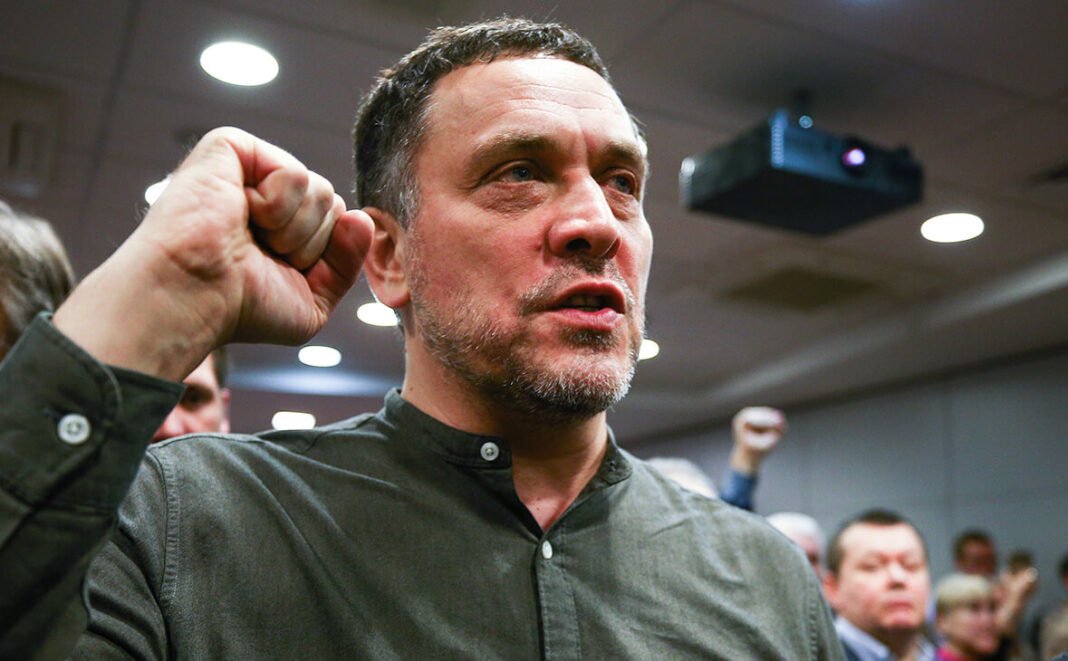Moscow, September 13, 2025
Russian journalist Maksim Shevchenko told RTVI News that President Vladimir Putin’s brief handshake with Azerbaijani President Ilham Aliyev signals pragmatism, not estrangement, arguing that “gas contracts outweigh theater” in Russia–Azerbaijan ties.
“Putin isn’t reacting to rhetoric”
Shevchenko said the Kremlin is unlikely to dwell on President Aliyev’s recent comments about the Soviet-era “occupation,” describing such historical framing as routine political language.
The handshake, in his view, was not a climbdown but a reminder that Moscow prioritizes present-day interests over disputes about wording.
Two tracks: warm protocol, noisy frictions
He contrasted “very warm” Kremlin protocol – pointing to Putin’s birthday congratulations to Azerbaijan’s First Vice President Mehriban Aliyeva – with headline controversies in Russia involving individuals linked to Azerbaijan (detentions, business disputes, media personnel changes). Shevchenko cast those cases as intra – Russian turf battles and “commercial scuffles,” not state-to-state confrontation.
Energy logic beats conflict narrative
Citing the Iranian ambassador’s recent statement about a Russia – Azerbaijan – Iran gas transit arrangement via Azerbaijan’s network, Shevchenko argued that real policy is visible in pipelines and flows, not in “noise” around arrests or corporate reshuffles.
Azerbaijan, he said, functions as a strategic transit hub for east-west and north-south energy, giving Baku leverage that makes durable cooperation with Moscow rational for all sides.
Elite alignments, not a rupture
According to Shevchenko, there is no “single Azerbaijan,” but competing elite groups with differing external alignments. He suggested Russia’s relations may vary across these circles without amounting to a break with Baku.
On “staged” tensions and outside actors
Shevchenko floated two hypotheses for recent flashpoints:
External forces seeking to spoil Russia–Azerbaijan ties and complicate energy logistics;
Hard bargaining around transit, pricing, and market access dressed up as political drama. He framed some episodes—detentions over years-old allegations, high-profile designations, publicized raids—as “noise” around deeper, ongoing energy talks.
Karabakh, Israel, and principle
Reiterating long-held positions, Shevchenko said Azerbaijan’s restoration of sovereignty over Karabakh ended an “occupation-era project,” and he criticized ethnic expulsions in the region historically.
He also voiced a broader critique of nationalist projects in the Middle East and Caucasus, while stressing that people should be free to live where they choose under the laws of the state in question.
Outlook: deal before destabilization
Shevchenko predicted the current tension will fade once strategic terms are settled on volumes, routes, and pricing.
He credited Putin’s 2020 stance – “Karabakh is Azerbaijan” – as pivotal in ending the conflict and said neither Moscow nor Baku has an interest in destabilizing the South Caucasus.


